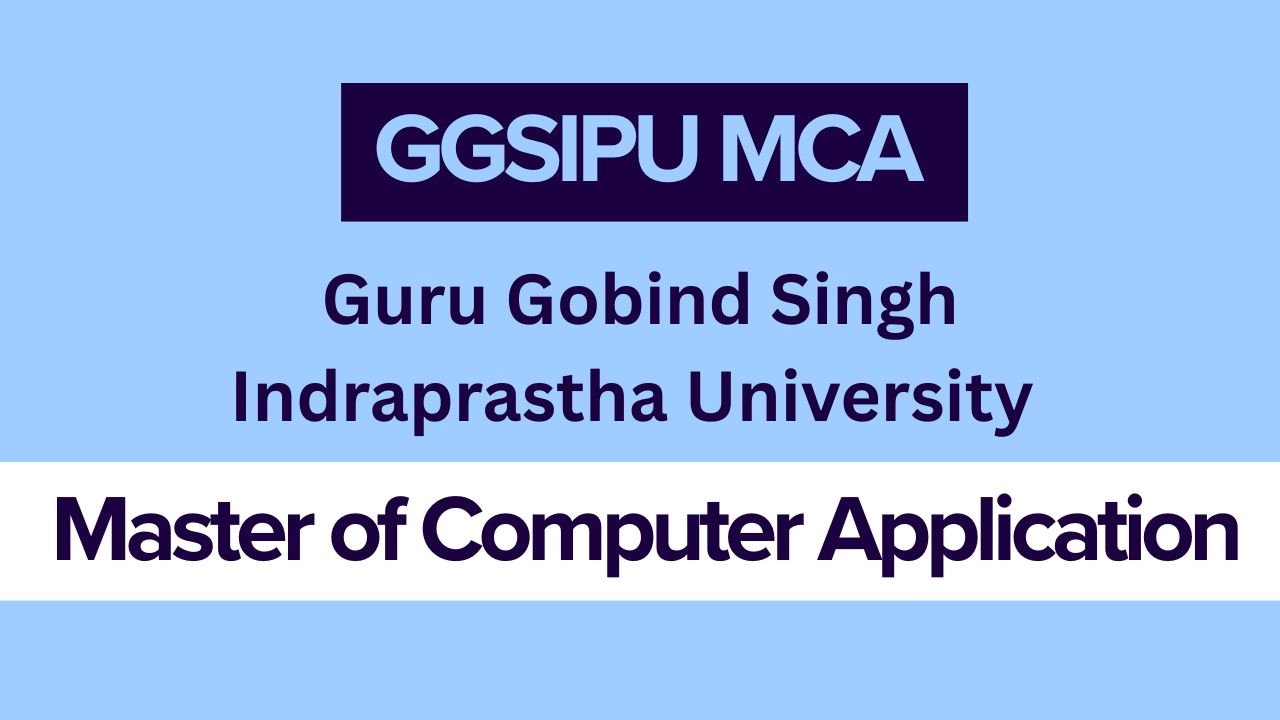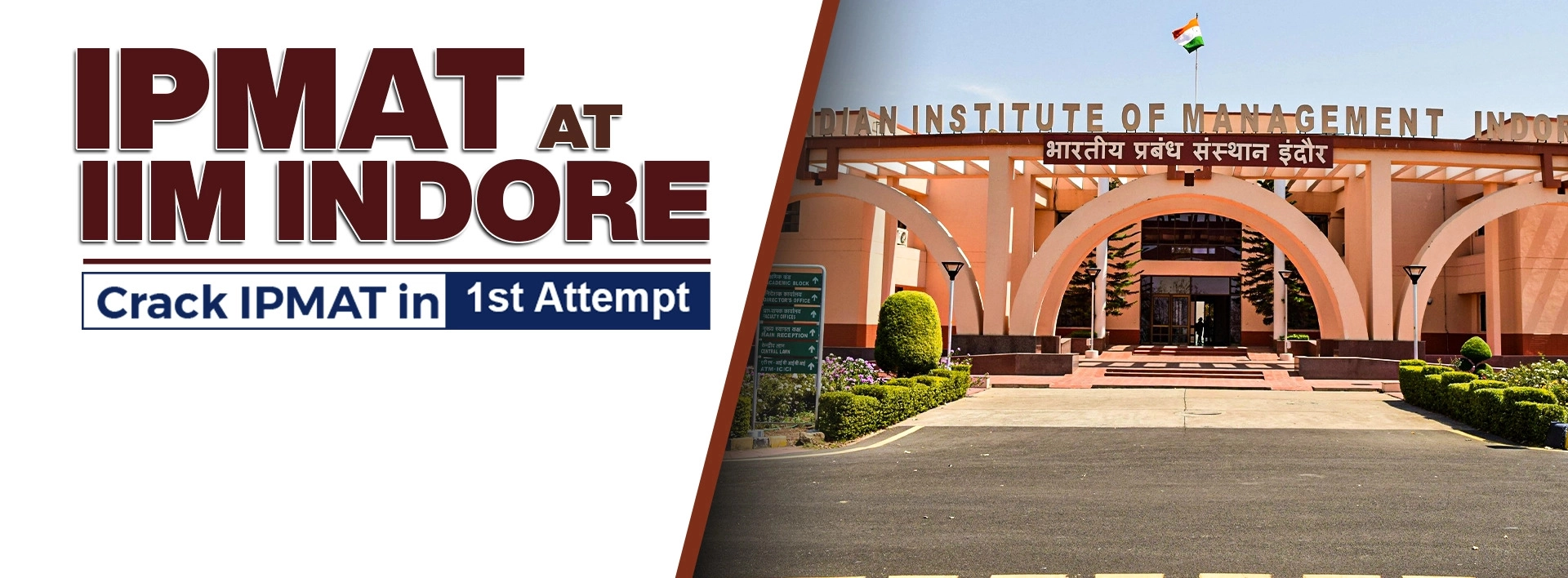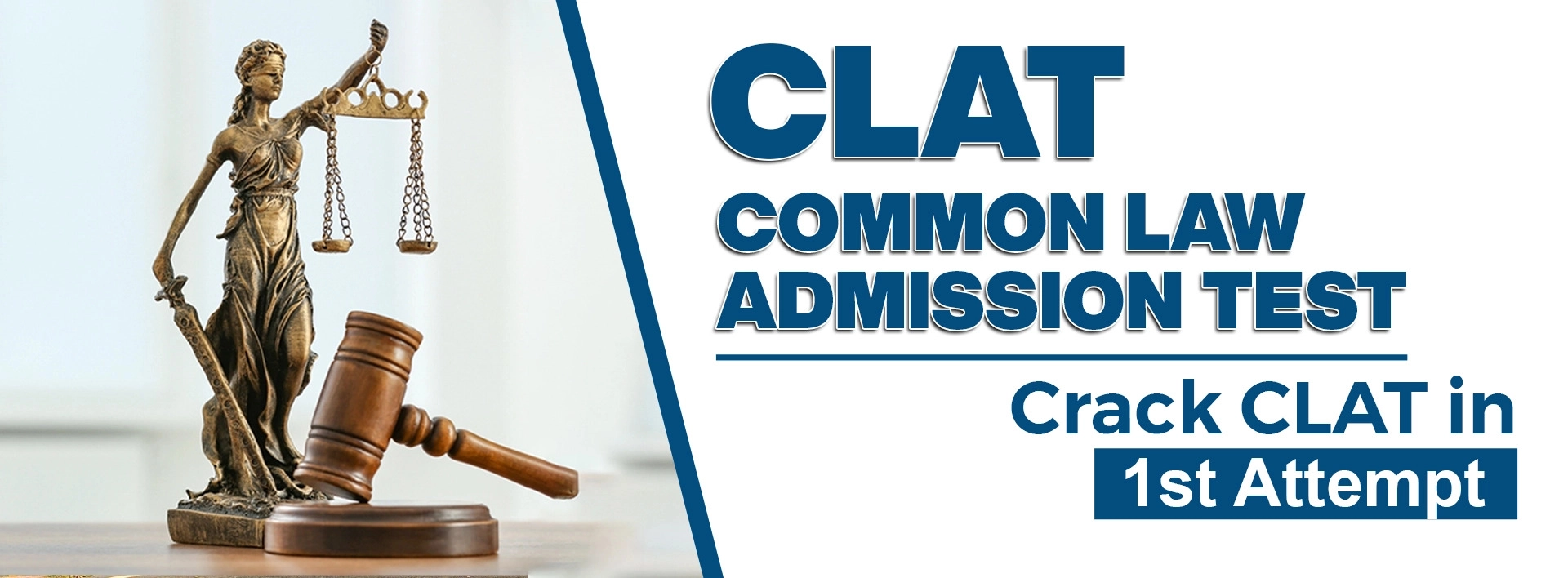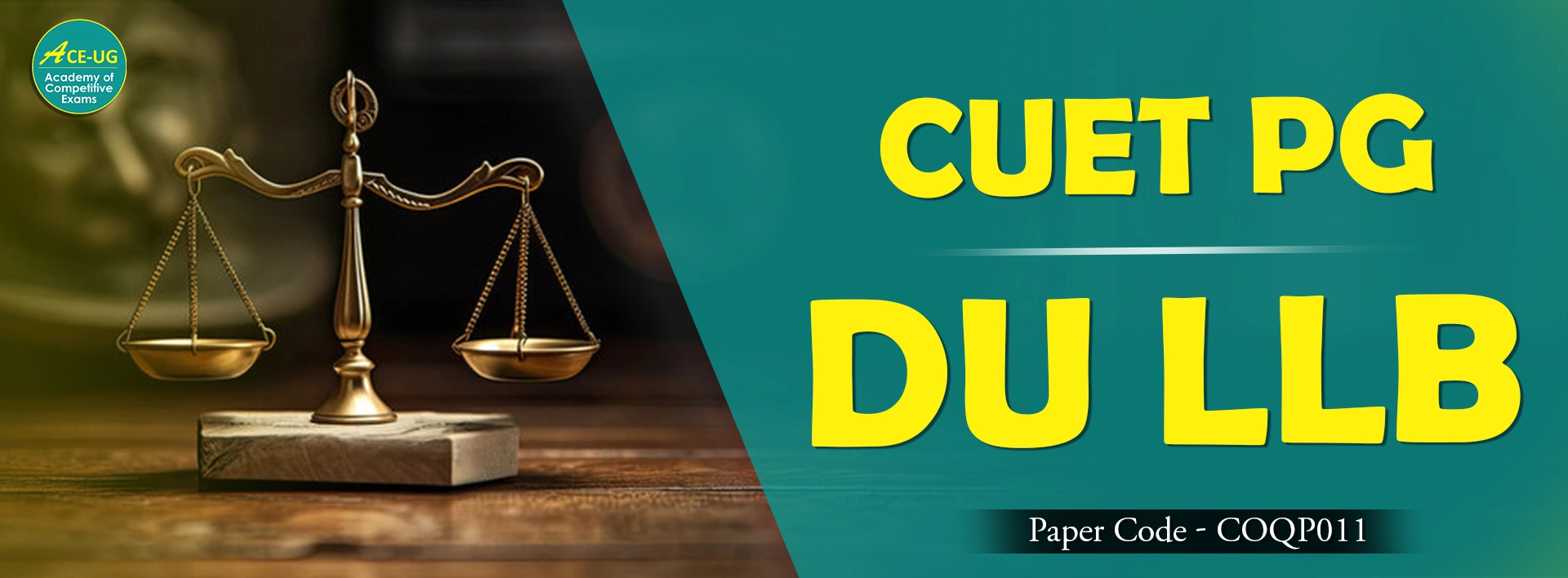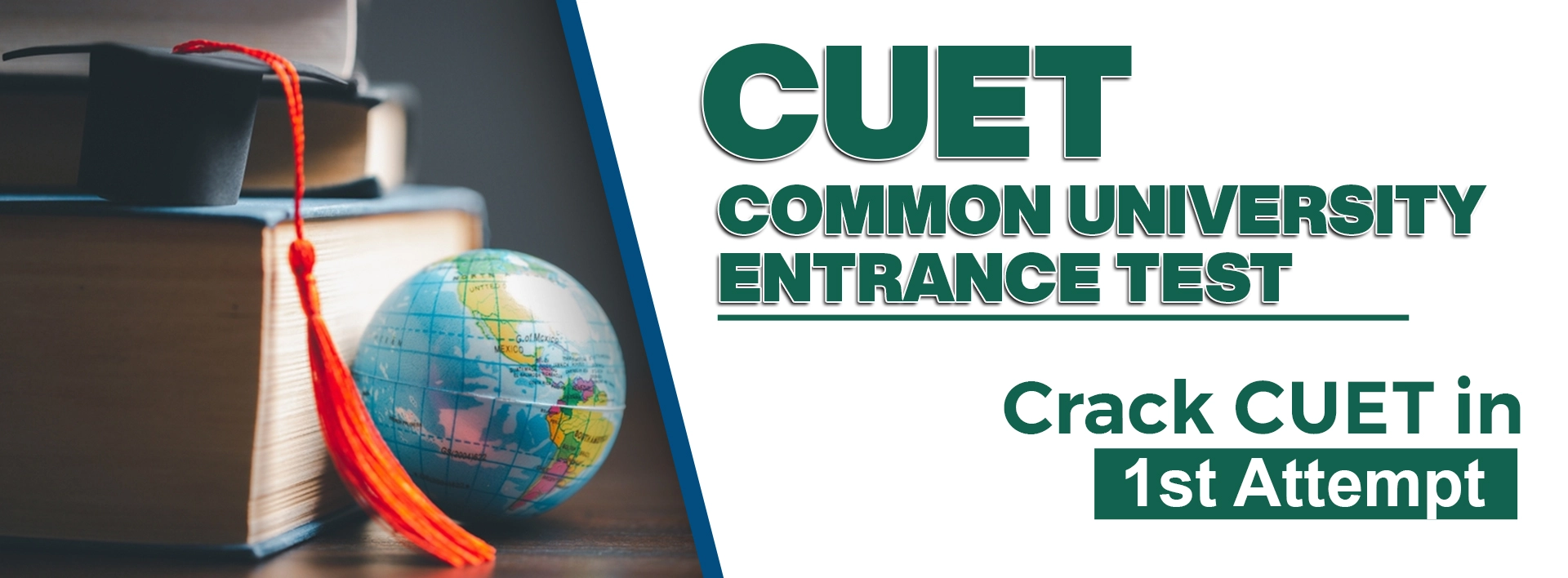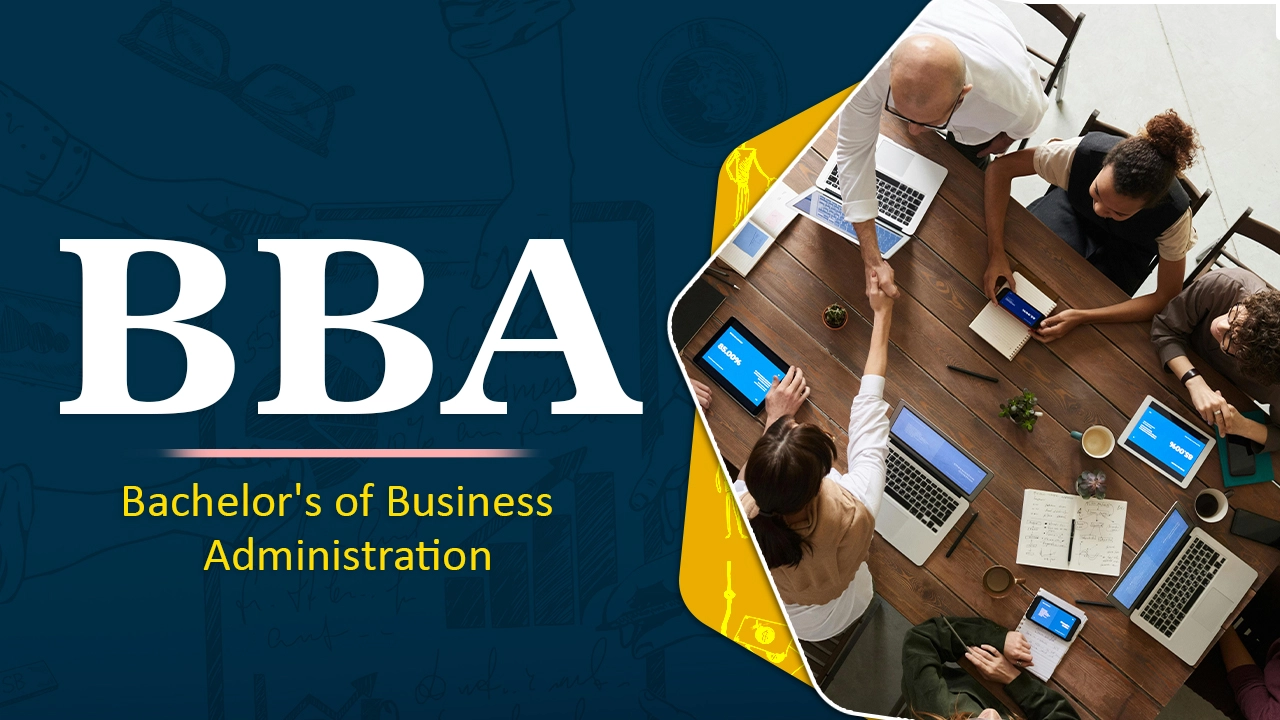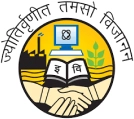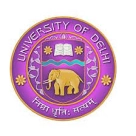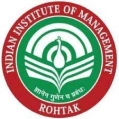
.jpg) Mahinder Singh
Mahinder Singh
Pursuing a B.Sc. (Hons.) in Statistics after 12th grade is an excellent choice for students with a strong aptitude for mathematics and an interest in data analysis. This undergraduate program provides a solid foundation in statistical theories and their practical applications, opening up a wide range of career opportunities in the burgeoning field of data science and analytics. ????
Eligibility Criteria
To be eligible for B.Sc. (Hons.) Statistics, you must meet the following general requirements:
Educational Qualification: You must have passed Class 12 from a recognized board.
Compulsory Subject: Mathematics is a mandatory subject in Class 12. Students from the Commerce with Maths are also eligible for this program.
Minimum Marks: A minimum aggregate score of 50% to 55% in Class 12 is typically required. There may be relaxations for students belonging to reserved categories (SC/ST/OBC).
Admission Process: Admission is generally based on entrance exams. The CUET (Common University Entrance Test) is a major national-level exam for admission to many top universities, including Delhi University. Other universities may conduct their own entrance tests.
Program Overview & Subjects
The B.Sc. (Hons.) Statistics is a three-year undergraduate program divided into six semesters. The curriculum is designed to give you a comprehensive understanding of statistical concepts, computational tools, and their real-world applications.
https://statistics.du.ac.in/pdf/Syllabus/Annexure-80.%20B.Sc.(Hons.)%20Statistics.pdf
Here are some subjects you'll study:
Core Subjects:
Descriptive Statistics: Learning to summarize and visualize data using measures like mean, median, mode, and standard deviation.
Probability Theory: Understanding the fundamental concepts of probability, random variables, and various probability distributions.
Statistical Inference: Methods for making conclusions about a population based on sample data, including hypothesis testing and estimation.
Linear Models and Regression Analysis: Studying relationships between variables and building predictive models.
Survey Sampling: Techniques for collecting data from a sample of a population, such as simple random sampling and stratified sampling.
Official Statistics: Understanding how official data is collected and used by government bodies like the National Statistical Office (NSO).
Computational and Applied Subjects:
Statistical Computing: Using programming languages like R, Python, or C/C++ for data analysis.
Design of Experiments: Planning and conducting experiments to collect reliable data.
Multivariate Analysis: Analyzing data with multiple variables simultaneously.
Stochastic Processes: Modeling systems that evolve randomly over time.
Econometrics: Applying statistical methods to economic data.
Career Scope & Job Roles
The field of statistics is experiencing immense growth due to the data revolution. A B.Sc. (Hons.) in Statistics provides a versatile skill set that is highly sought after in both the public and private sectors.
Further Studies: Many graduates choose to pursue higher education, such as an M.Sc. in Statistics, Data Science, or Actuarial Science, to specialize and enhance their career prospects.
Government Sector: You can prepare for competitive exams like the Indian Statistical Service (ISS), SSC CGL (Statistical Investigator), or find roles in organizations such as the RBI, NABARD, and various government research bodies.
Private Sector: The demand for statisticians and data analysts is booming in industries like:
Finance & Banking: Risk analysis, quantitative analysis, and financial modeling.
IT & Technology: Data analytics, data science, and business intelligence.
Healthcare & Pharmaceuticals: Biostatistics and clinical trial analysis.
Market Research: Analyzing consumer data to guide business strategies.
Actuarial Science: Assessing financial risks for insurance and pension schemes.
Common Job Roles:
Data Analyst: Collects, cleans, and interprets data to help organizations make informed decisions.
Statistician: Designs surveys, conducts complex statistical analyses, and interprets findings for various research and policy-making purposes.
Quantitative Analyst (Quant): Uses mathematical and statistical models to analyze financial data for investment and risk management.
Actuary: Uses statistical models to evaluate risk, primarily in the insurance and finance industries.
Market Research Analyst: Studies market conditions and consumer behavior to help companies understand the potential sales of products or services.
Biostatistician: Works in the healthcare and pharmaceutical industries, analyzing data from clinical trials and medical research.
Top Colleges in India for B.Sc. (Hons.) Statistics
Many colleges and universities across India offer this program. Some of the most renowned institutions include:
Indian Statistical Institute (ISI): Considered one of the best institutions for statistics and related fields in India. Indian Statistical Institute (ISI): Considered one of the best institutions for statistics and related fields in India.
University of Delhi (DU): Colleges like Hindu College, Lady Shri Ram College for Women (LSR), and Sri Venkateswara College are highly sought after.
Christ University, Bengaluru
Banaras Hindu University (BHU)
Fergusson College, Pune
Loyola College, Chennai
Presidency College, Kolkata
.webp)

